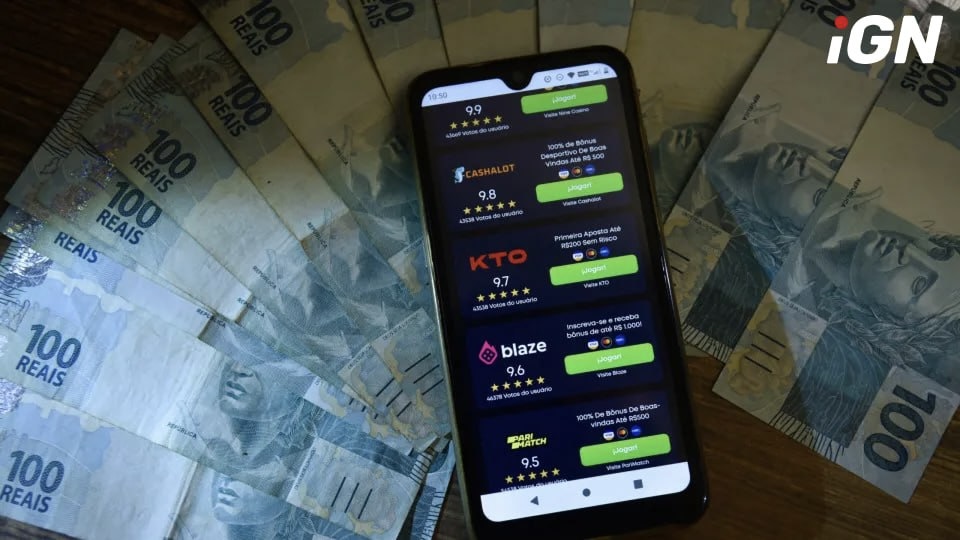Brazil Blocks 18,000 Illegal iGaming Sites

The National Telecommunications Agency (Anatel) blocked more than 18,000 illegal gambling websites since October 2024, when it signed a cooperation agreement with the Secretariat of Prizes and Betting (SPA) ahead of the launch of the regulated market.
How the Blocking Works
Since October 2024, Anatel and SPA have been following a clear process:
- SPA identifies active illegal websites;
- The domain data is passed to Anatel;
- Anatel notifies telecom operators (fixed and mobile);
- User access to the sites is blocked.
In just the first six months of 2025, about 15,000 domains were taken down. Meanwhile, only 78 operators have received official licenses.
Additional Measures Against Illegal Operators
SPA is not relying solely on website blocking. Other measures have also been introduced:
| Measure | Outcome |
|---|---|
| Cutting off financial flows | 255 accounts closed across 24 institutions |
| Blocking payment systems | 13 providers ordered to shut down accounts, impacting 45 companies |
| Financial notifications | 277 official reports from banks and fintech firms |
| Ad monitoring | Cooperation with major tech firms via the Digital Policy Council |
The Betting Market in Early 2025
Despite the crackdown on unlicensed operators, the legal betting market has shown strong performance.
- GGR reached $2.85 billion (≈ R$17.4 billion);
- 17.7 million active players registered;
- Average monthly spend per player – $27 (≈ R$164);
- 78 companies operating with official licenses.
Why Blocking Alone Isn’t Enough
Experts stress that shutting down websites alone cannot fully solve the problem. Illegal companies quickly create new platforms, which is why SPA is pursuing a multi-pronged strategy:
- Website blocking;
- Transaction disruption;
- Financial monitoring;
- Advertising control.
How to Verify if a Site is Legal
Players can confirm whether an operator is licensed by checking against the official SPA list. This reduces risks and ensures participation only in the regulated market.
